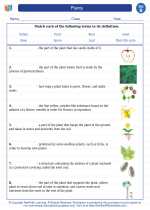Plants -> conventional medicine
Conventional Medicine: An Overview
Conventional medicine, also known as allopathic medicine, is a system of medical practice that is based on scientifically validated methods and treatments. It is the dominant form of medicine in the Western world and is typically practiced by medical doctors, nurses, and other healthcare professionals.
Key Principles of Conventional Medicine
- Evidence-Based Practice: Conventional medicine relies on scientific evidence to guide diagnosis, treatment, and prevention of diseases and illnesses. Clinical trials and research studies are conducted to validate the effectiveness of medical interventions.
- Use of Pharmaceuticals: Conventional medicine often involves the use of pharmaceutical drugs to treat various health conditions. These drugs are rigorously tested for safety and efficacy before being approved for use.
- Specialized Medical Training: Practitioners of conventional medicine undergo extensive education and training in medical schools and residency programs to obtain the necessary knowledge and skills to diagnose and treat patients.
- Integration of Technology: Conventional medicine frequently incorporates advanced medical technologies, such as imaging techniques, diagnostic tools, and surgical equipment, to aid in the diagnosis and treatment of diseases.
Common Practices in Conventional Medicine
Some of the common practices and treatments associated with conventional medicine include:
- Primary Care: Routine check-ups, preventive care, and treatment of common illnesses by primary care physicians.
- Specialty Care: Referral to specialists for the management of specific medical conditions, such as cardiology, oncology, neurology, and more.
- Pharmacological Interventions: Prescription of medications to alleviate symptoms, manage chronic conditions, and combat infections.
- Surgical Procedures: Performance of surgical interventions to address various health issues, including injuries, tumors, and organ malfunctions.
- Diagnostic Testing: Utilization of imaging studies, laboratory tests, and other diagnostic procedures to assess and monitor patients' health.
Study Guide: Understanding Conventional Medicine
To gain a comprehensive understanding of conventional medicine, consider exploring the following topics and questions:
- What are the fundamental principles that distinguish conventional medicine from other medical systems?
- How does evidence-based practice shape the decision-making process in conventional medicine?
- What role do pharmaceutical drugs play in the treatment of patients within the framework of conventional medicine?
- What are the educational requirements and training pathways for becoming a medical doctor or healthcare professional in the field of conventional medicine?
- How has technology influenced the practice of conventional medicine, and what are some notable advancements in medical technology?
- What are some examples of common medical conditions that are typically treated through conventional medicine, and what are the standard approaches to managing these conditions?
- What ethical considerations and standards of care are essential in the practice of conventional medicine?
By exploring these questions and topics, you can develop a well-rounded understanding of the principles, practices, and significance of conventional medicine in the realm of modern healthcare.
For additional insights, consider researching specific case studies, historical developments in medicine, and current trends in conventional medical practice.
Good luck with your studies!
.◂Science Worksheets and Study Guides Second Grade. Plants
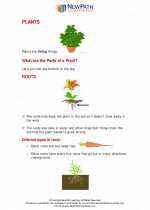
 Activity Lesson
Activity Lesson
 Activity Lesson
Activity Lesson
 Worksheet/Answer key
Worksheet/Answer key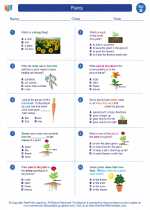
 Worksheet/Answer key
Worksheet/Answer key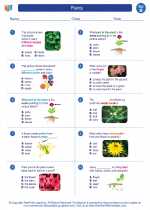
 Worksheet/Answer key
Worksheet/Answer key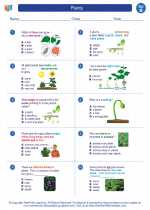
 Worksheet/Answer key
Worksheet/Answer key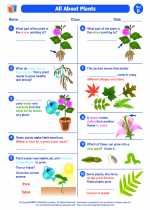
 Vocabulary/Answer key
Vocabulary/Answer key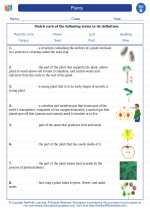
 Vocabulary/Answer key
Vocabulary/Answer key